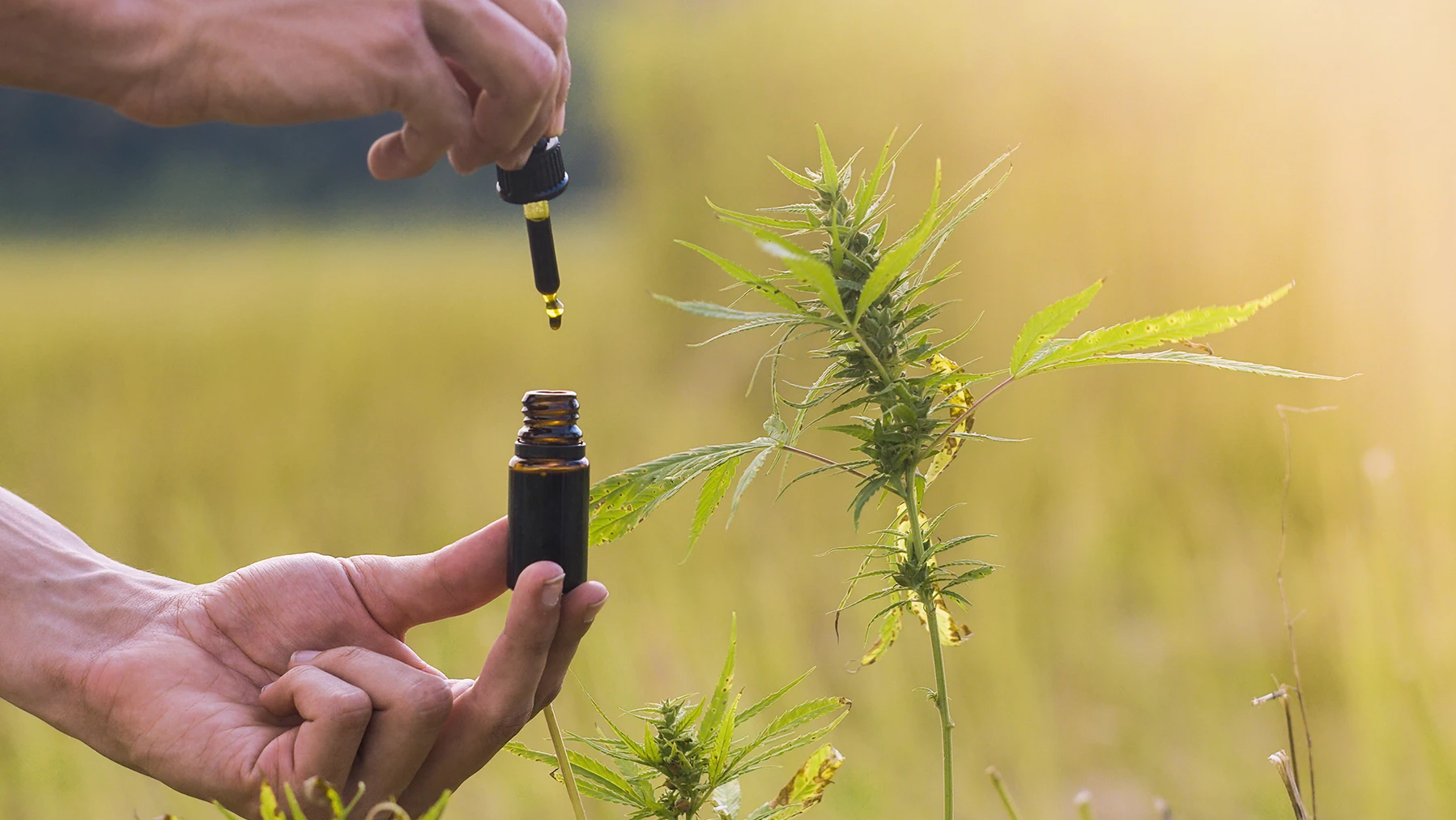Cannabis reform is rapidly evolving and capturing global interest due to its profound implications on society, the economy and public health. As more jurisdictions begin reconsidering their stance on cannabis, it is important to understand where it is legal, the impact of these changes and what the future holds.

Legal status of cannabis
The legal status of cannabis varies across the globe, ranging from complete prohibition to full-blown legalisation for recreational and medical use. Let’s take a look at the status in different regions.
North America
- United States: Cannabis is legal for recreational use in 24 states, including California, Colorado, and New York, and for medical use in 38 states. Momentarily, it remains illegal at the federal level, creating a complex regulatory environment.
- Canada: In October 2018, Canada became the second country to legalise cannabis nationwide for both recreational and medicinal use. The Cannabis Act allows adults to possess up to 30 grams of dried cannabis or its equivalent.
South America
- Uruguay: A pioneer in cannabis legalisation becoming the first country globally to legalise production, sale and consumption of recreational cannabis in 2013.
- Argentina: While Argentina has not fully legalised recreational cannabis, in 2020, the government decriminalised personal possession and allowed individuals to grow cannabis for personal use under certain conditions. Medical cannabis has been legal since 2017
- Colombia: Colombia allows for the possession of up to 20 grams of cannabis and the cultivation of up to 20 plants for personal use. However, the sale and purchase of recreational cannabis remain illegal. Medical cannabis has been legal since 2016.
- Brazil: The use of cannabis-derived products is allowed for specific medical conditions, and they must be imported and approved by the Brazilian Health Regulatory Agency (ANVISA). Domestic cultivation remains illegal.
- Chile: Use of medical cannabis and the cultivation of cannabis for therapeutic purposes with special permission from the Chilean Agricultural and Livestock Service (SAG) is permitted. The country also permits the sale of cannabis-based medications in pharmacies.
- Ecuador: Ecuador legalised medical cannabis in 2019. Patients with certain medical conditions can access cannabis-based products with a prescription. The law allows for the cultivation of hemp, but the cultivation of high-THC cannabis remains tightly regulated.
- Peru: Medical cannabis has been legal since 2017. The law permits the import, production, and sale of cannabis-based products for medical use with a prescription.
- Paraguay: Allows the use of medical cannabis and has a regulatory framework for the production and distribution of cannabis-based products. Patients can obtain these products with a prescription.
Europe
Medical cannabis
There are currently 25 countries across Europe that have some form of a legal medical cannabis market, these include:
- Austria, Belgium, Croatia, Cyprus, Czech Republic, Denmark, Finland, France, Germany, Greece, Ireland, Italy, Lithuania, Luxembourg, Malta, Netherlands, North Macedonia, Norway, Poland, Portugal, San Marino, Slovenia, Spain, Switzerland, United Kingdom
Recreational cannabis
Recreational cannabis is continuing to develop at a pace in Europe.
- Malta: legal for personal use, although a commercial market for cannabis does not exist with only home growing permitted.
- Netherlands: decriminalised and sold in licensed coffee shops. As of December 2023 there is a legal cannabis experiment taking place across several Dutch cities to assess the controlled and regulated sale of cannabis, with the potential for a wider, legal market across the country.
- Germany: As of April 2024, Germany has legalised the possession and use of recreational cannabis. The policy allows over 18s to possess a maximum of 25 grams of cannabis for personal use and grow up to 3 plants at home.
- Switzerland: Various cities in Switzerland are conducting trials for the controlled sale and use of recreational cannabis to assess the viability of and impact that legislation would have.
- Luxembourg: Recreational cannabis use is legal in Luxembourg. Recreational possession, home-use and growing up to 4 plants per household is permitted.
Asia
- Thailand: In 2022 Thailand became the first Asian country to decriminalise cannabis. However, the market appeared virtually unregulated which led to public backlash. Now there are plans to reverse decriminalisation by the end of the year.
- Israel: Israel is a global leader in medical cannabis research with a well established market and program. There are also ongoing discussions about legalising recreational use.
Africa
- South Africa: In 2018, the Constitutional Court decriminalised the private use and cultivation of cannabis for adults. Recently South Africa’s president has signed a bill to legalise cannabis possession and cultivation for adults.
- Lesotho: A forerunner in Africa, Lesotho legalised medical cannabis in 2017 and is becoming a significant exporter.
Impact of legalisation
The legalisation of cannabis has a range of impacts on society, the economy, and public health.
Social impact
Legalisation leads to a decrease in cannabis-related arrests, reducing the burden on the criminal justice system and addressing social injustices. For instance, states like California have seen significant drops in cannabis-related arrests post-legalization. Additionally, legalisation can contribute to a shift in public perception, reducing the stigma associated with cannabis use.
Economic impact
The cannabis industry is an emerging sector, contributing significantly to economies through job creation, tax revenues, and business opportunities. Colorado, which legalised recreational cannabis in 2012, reported over $2 billion in sales in 2020, generating substantial tax revenue for the state. Moreover, ancillary businesses such as marketing, legal services, and technology also benefit from this burgeoning industry.
Public health impact
Public health impacts are mixed and continue to be studied. Positive aspects include increased access to medical cannabis for patients with conditions like chronic pain, epilepsy, and multiple sclerosis. There are some concerns around increased recreational use with legalisation. However, evidence from states like Colorado suggests that youth use has not significantly increased post-legalisation. This demonstrates that a legal market can protect young people from cannabis better than leaving it unregulated.
Our introductory course to the cannabis industry provides a comprehensive and detailed learning experience with extensive listing of the required research areas to be briefed on the past, current and future aspects of the international legal medical cannabis industry.
Interested in learning more about cannabis? How Plantific can help
The legal landscape of cannabis is dynamic and continually evolving. Understanding where cannabis is legal, the impacts of its legalisation, and emerging trends can help policymakers, businesses, and consumers navigate this complex terrain. As more countries reassess their cannabis policies, the global conversation around cannabis will continue to grow, shaping the future of this ancient yet increasingly modern plant.
At Plantific, our introductory course to the cannabis industry provides a comprehensive and detailed learning to explore the past, current and future aspects of the international legal medical cannabis industry.
Our course provides an overview of:
- Basic concepts and context
- Cannabis production
- Pharmacology
- Hemp and CBD
- Regulatory overview
- Review and industry snapshot
At the end of the course, you should have acquired the necessary knowledge which will enable you to:
- Understand the fundamental traits of cannabis and recognise the various components of the plant
- Grasp the process of cultivating cannabis and manufacturing cannabis-based products
- Differentiate between cannabinoid-rich products and non-cannabinoid rich ones like industrial hemp, as well as between the psychotropic component THC and non-psychotropic ones like CBD
- Discern how cannabis products are tested to comply with international standards
- Understand how the cannabis engages with critical systems in the human body
- Determine what the current body of scientific evidence says about the effectiveness treating medical conditions with cannabis
- Recognise the adverse effects and other risks of cannabis use
- Comprehend the current leading regulatory frameworks governing medical and recreational cannabis use, including pilot programmes
- Appreciate the historical and cultural significance of cannabis, as well as the development of policy debates and regulations surrounding its use.
- Formulate a panorama of the cannabis industry and the different sectors within it
If you are interested in learning more, explore the various courses we offer.


